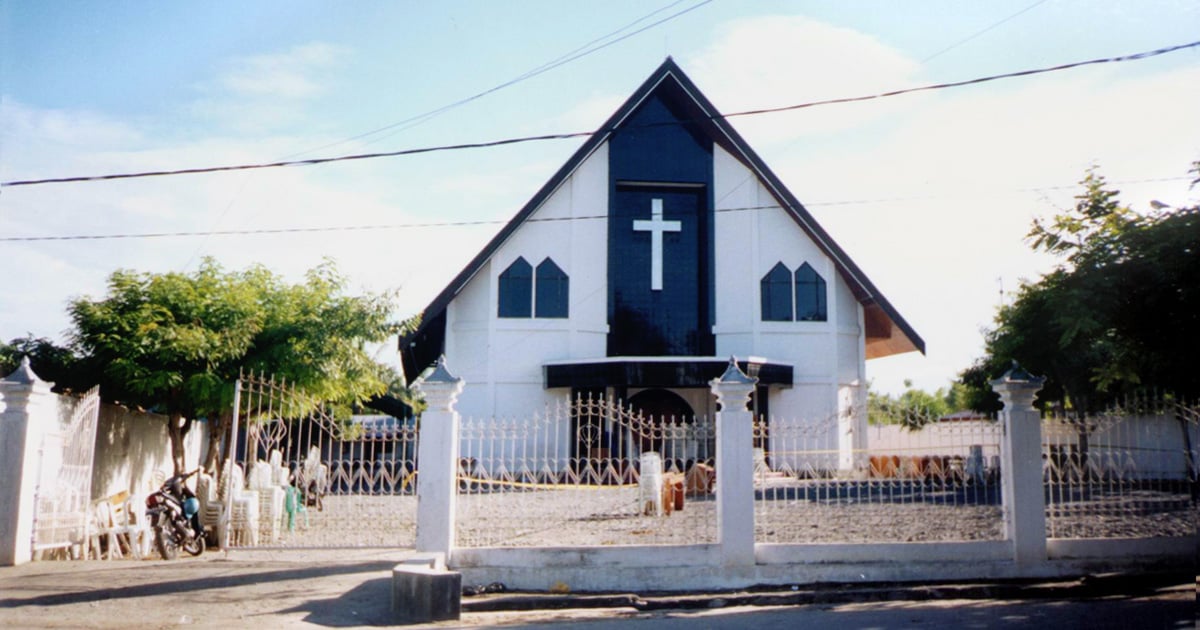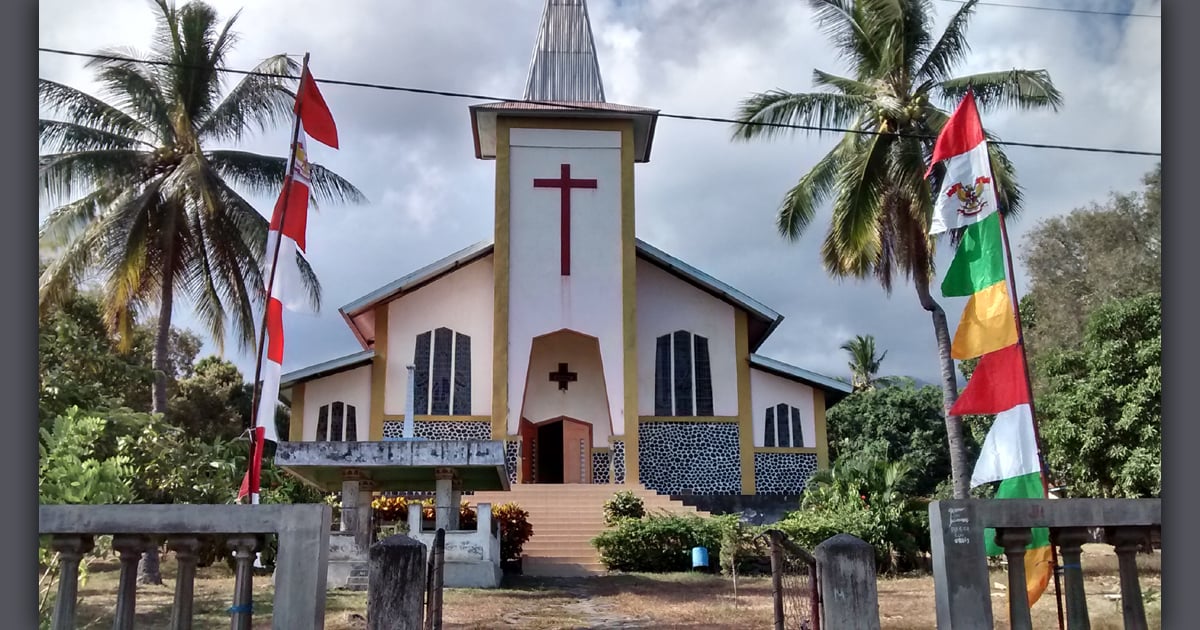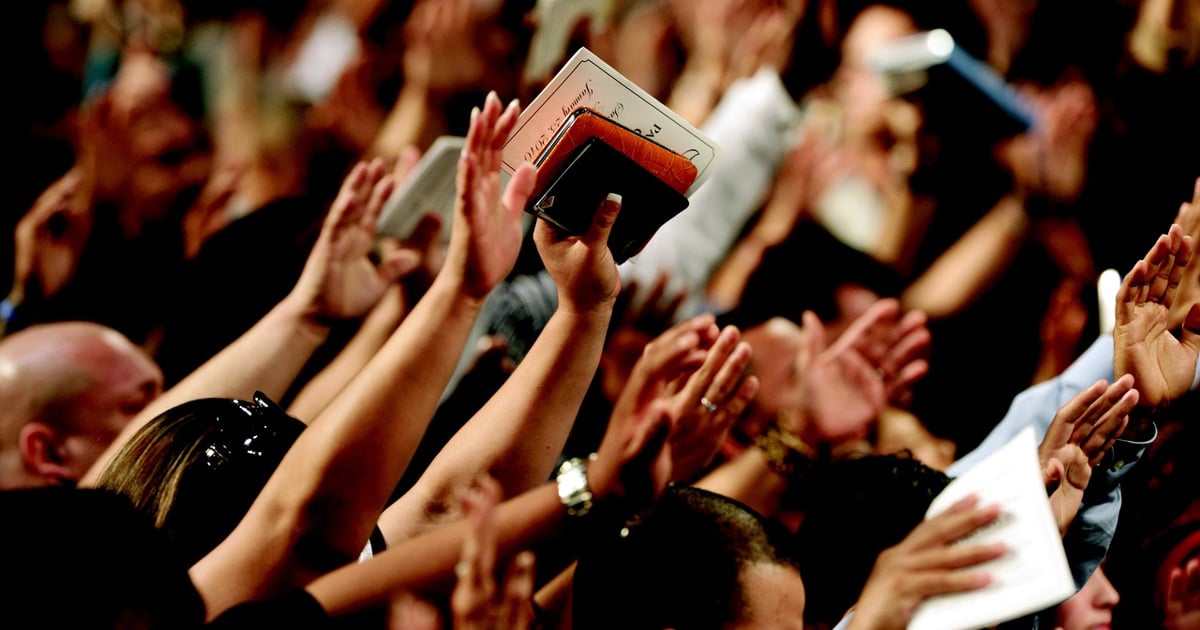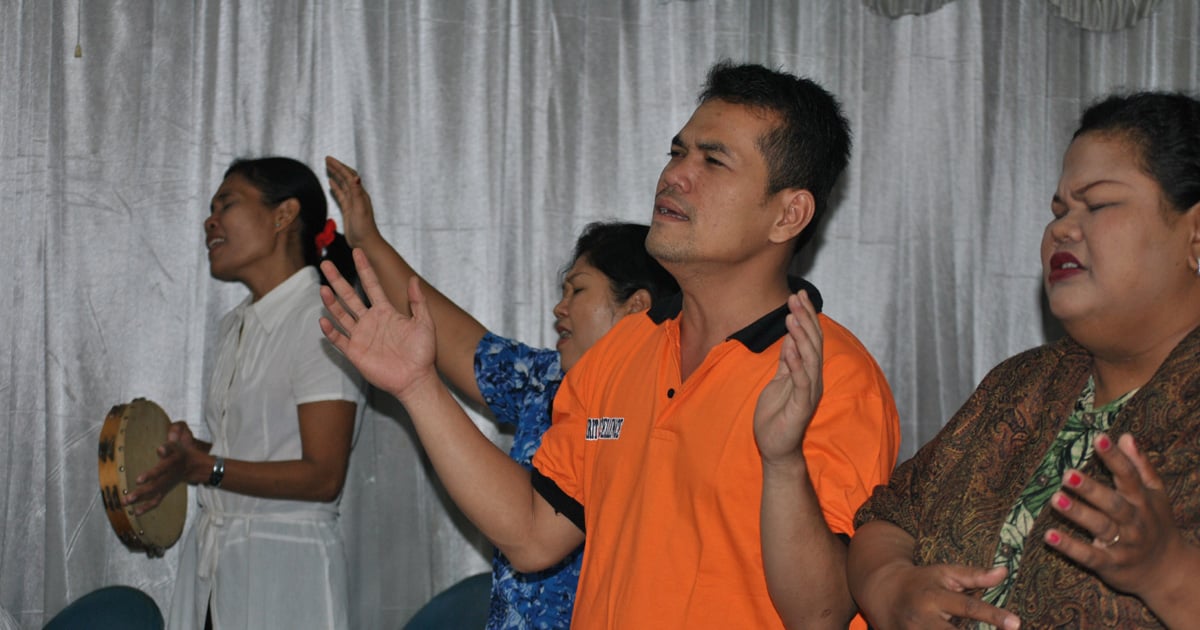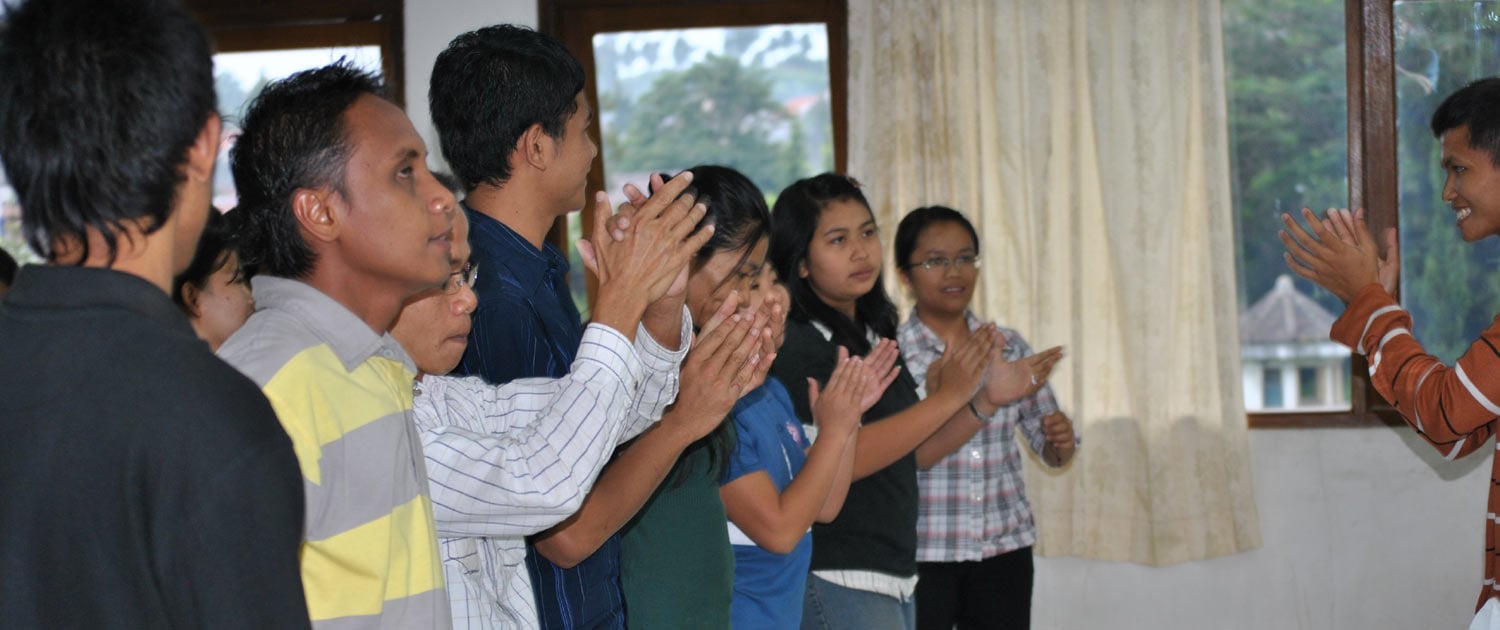
Indonesia
Indonesia has a stable and robust democracy. It has the largest Muslim population in the world and the fourth-largest population overall. By law, Indonesians may choose to follow any of five religions, including Christianity. In practice, however, Muslims receive preferential treatment. Islamic radicalism has increased in Indonesia, leading to sectarian violence and terrorism.
Christian groups in Indonesia have reported a surge in church attendance in recent years, a source of contention in the predominantly Sunni Muslim country. Recently, local governments have closed evangelical churches and imposed restrictions on church expansion. In addition, extremists have forcibly closed churches, sometimes with the tacit approval of local officials and police. Under a Joint Ministerial Decree issued in 1969 and revised in 2006, all religious groups in Indonesia must apply for permits to establish and operate places of worship; in practice, only non-Muslims must comply. Part of this law stipulates that a majority of neighbors in the area must agree to a church's existence. Permission is sometimes denied, and some previously approved churches have been closed after complaints from Muslims.

 Population
Population